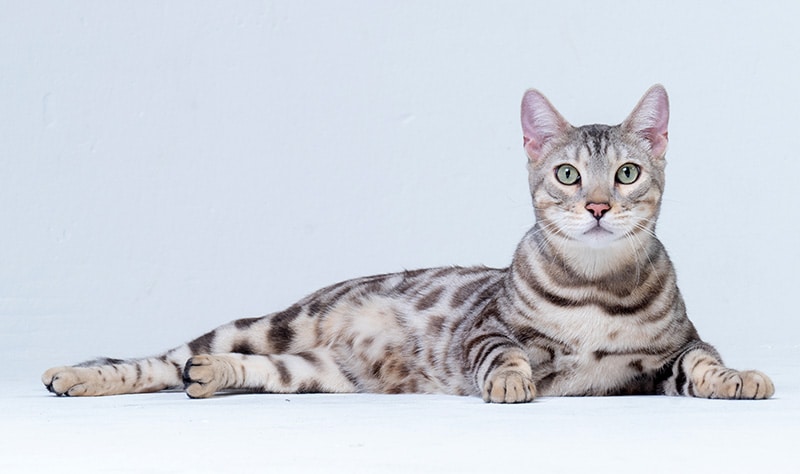My recent article on “Tortitude – The Unique Personality of Tortoiseshell Cats” led me to wonder whether there’s a link between other cats’ coloring and their temperaments. After all, both color and temperament can be inherited and genetically controlled, so it doesn’t seem to be too much of a leap to think that a cat’s coloring may be an indication of his or her personality. It seems that there are, indeed, some commonalities between cat color and personality. This is what I found:
The 5 Common Cat Colors & Their Personalities
Tabby Cats
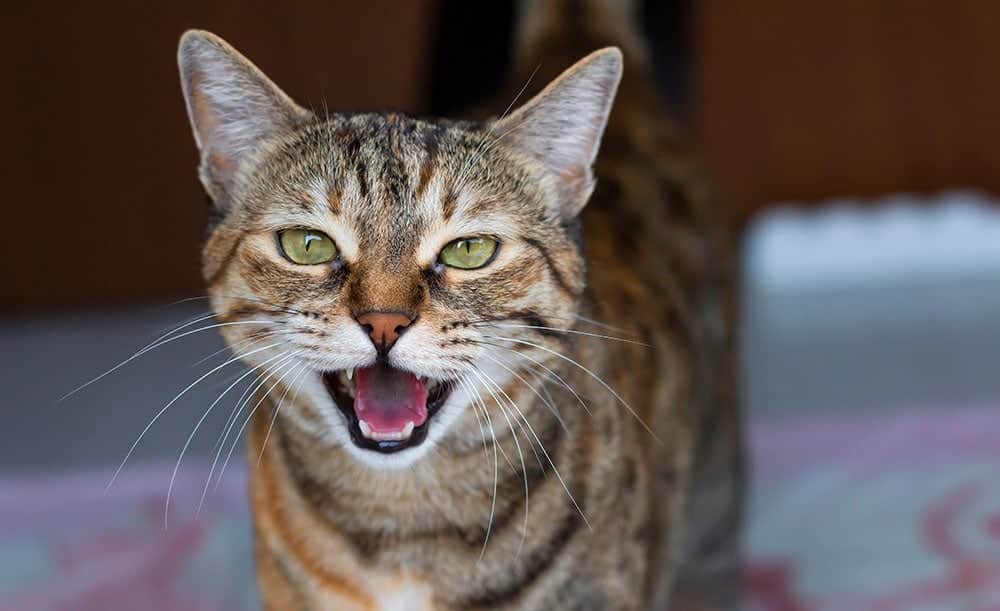
Tabbies have a reputation for being laid back, calm, and more sociable. They’re also said to be very affectionate and relaxed to the point of being lazy.
Black Cats
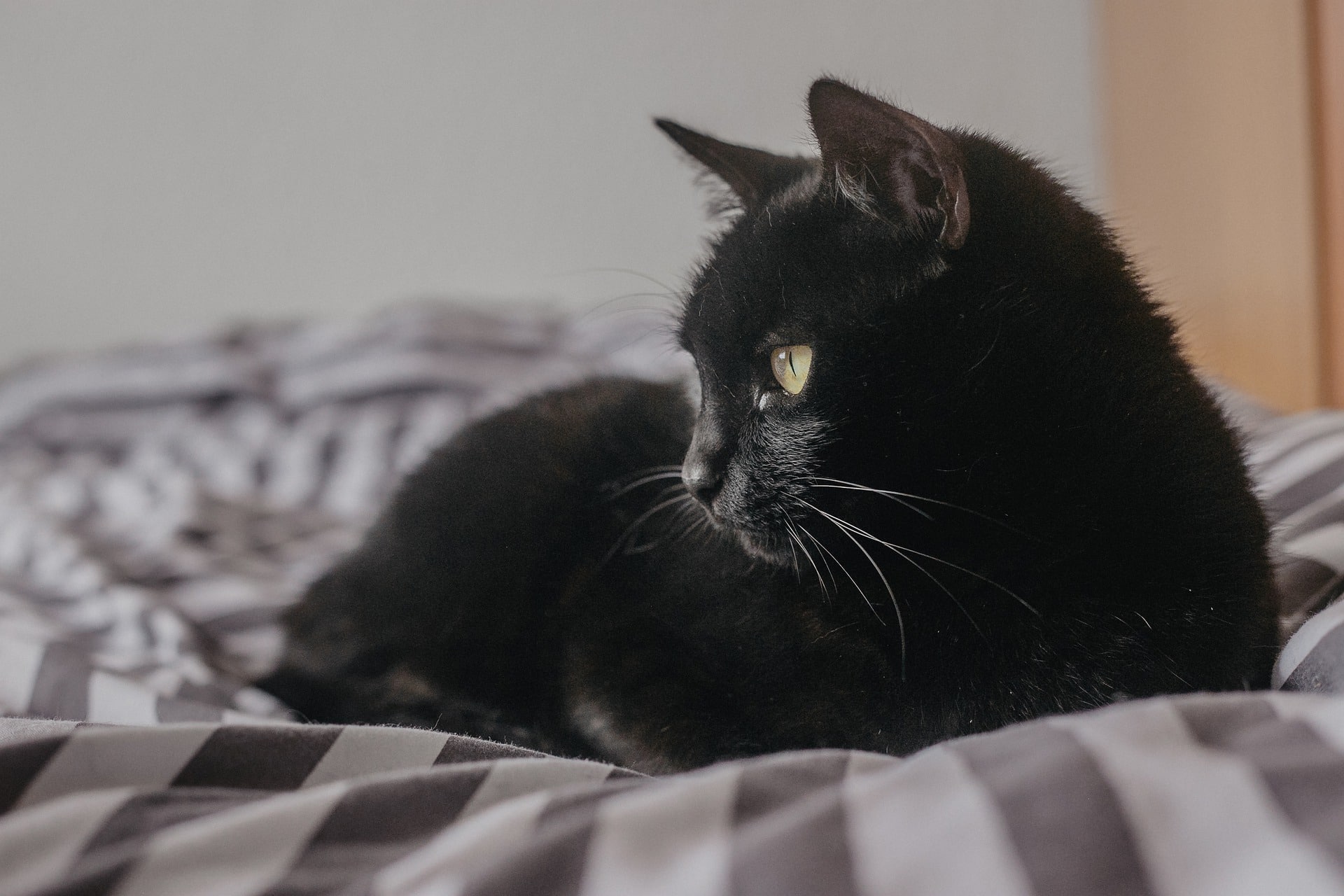
Black cats can be stubborn and friendly at the same time. They are said to be good hunters, but they can have a tendency to roam. They’re good natured and sociable.
Ginger, Orange and Red Cats
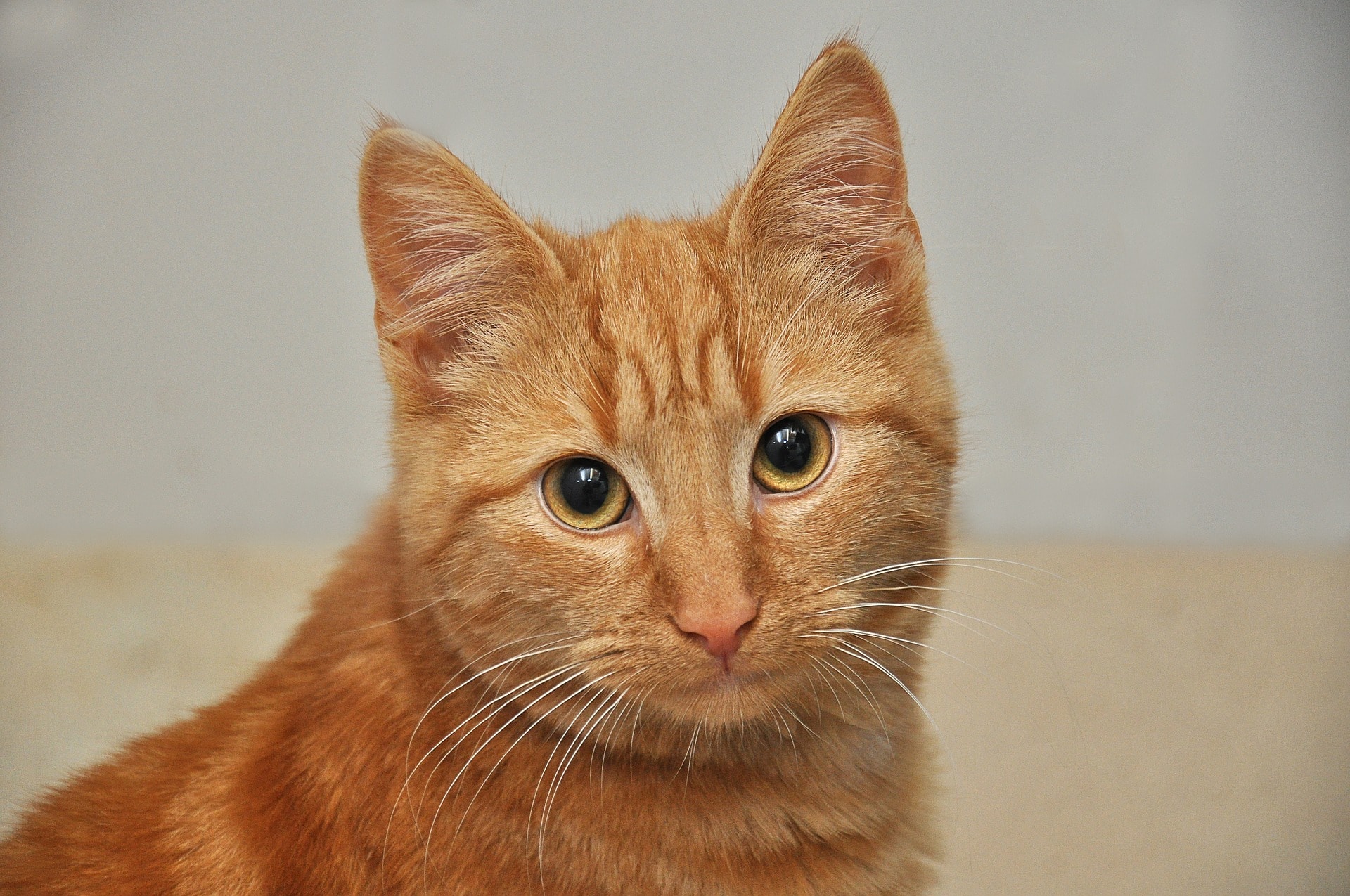
Orange cats are usually males (only one out of five orange cats is female). Cats with this coloring can be laid back and affectionate, but can also have a bit of a temper. Females tend to be more laid back than males.
Black and White Cats
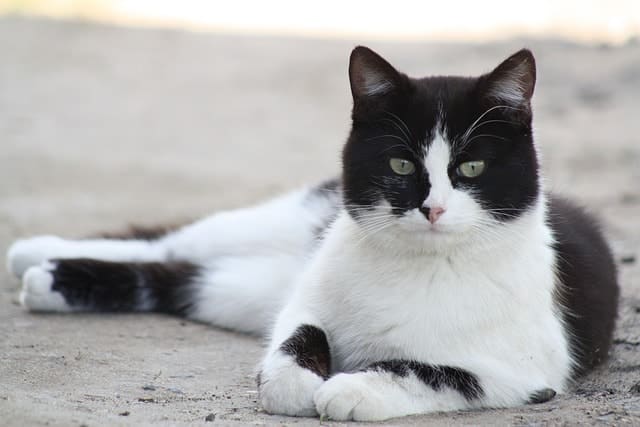
Black and white cats (some are known as tuxedo cats when their coat pattern resembles a tuxedo jacket) are said to be even tempered and placid, but they can also be wanderers. They can be very loyal to their family, often to one person in particular, and can be real lap cats.
Blue, Cream, Gray, and Lilac Cats
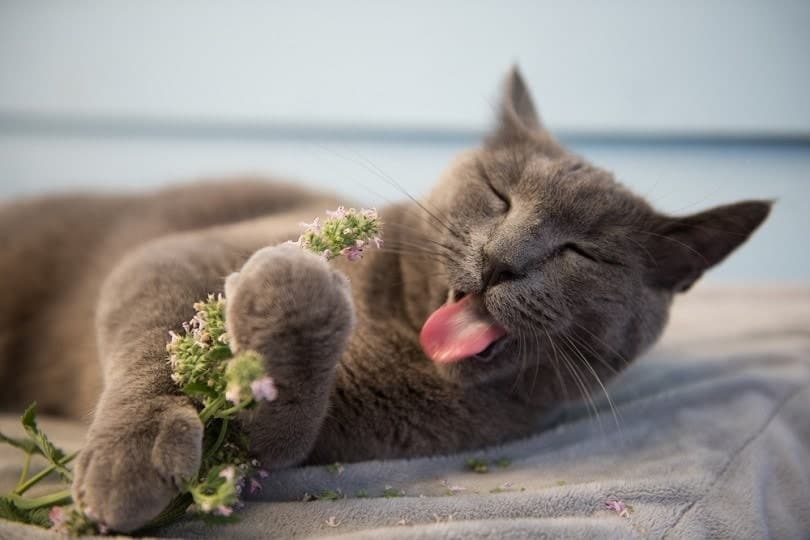
Cats that have lighter coat colors all carry the same gene, called the dilution gene. I found conflicting information on this particular coloring – some say cats with this coloring can be mischievous and a bit frantic, while others say they are laid back and mellow.
I believe that each cat has a unique and special personality, and color is only one aspect of what may play into making kitty who she is. Other factors, such as breed and environment also come into play. And of course, our cats are also spiritual beings, and perhaps spirit plays the biggest part in determining personality.
Does your cat’s personality fit into one of these classifications based on coat color?
Featured Image Credit: Pavel Shlykov, Shutterstock

